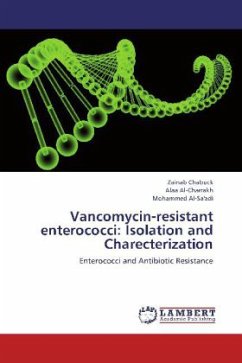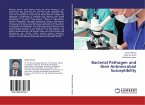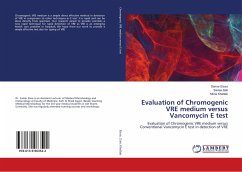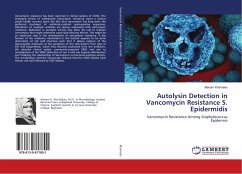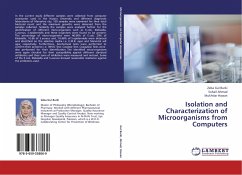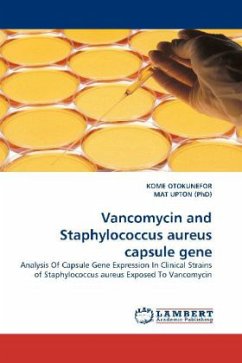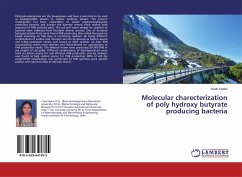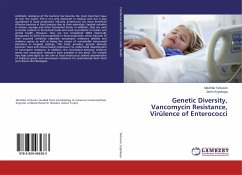Enterococci, an indigenous flora of the intestinal tract, oral cavity, and the genitourinary tract of the humans and animals, known to be relatively avirulent in healthy individuals, but have become important opportunistic pathogens, especially in hospitalized patients. They belong to group D streptococci as characterized by Lancefield in 1938. Recent years have witnessed increased interest in enterococci not only because of their ability to cause serious infections like endocarditis, bacteremia, intra-abdominal and urinary tract infection (UTI), but also because of their increasing resistance to many antimicrobial agents.
Bitte wählen Sie Ihr Anliegen aus.
Rechnungen
Retourenschein anfordern
Bestellstatus
Storno

